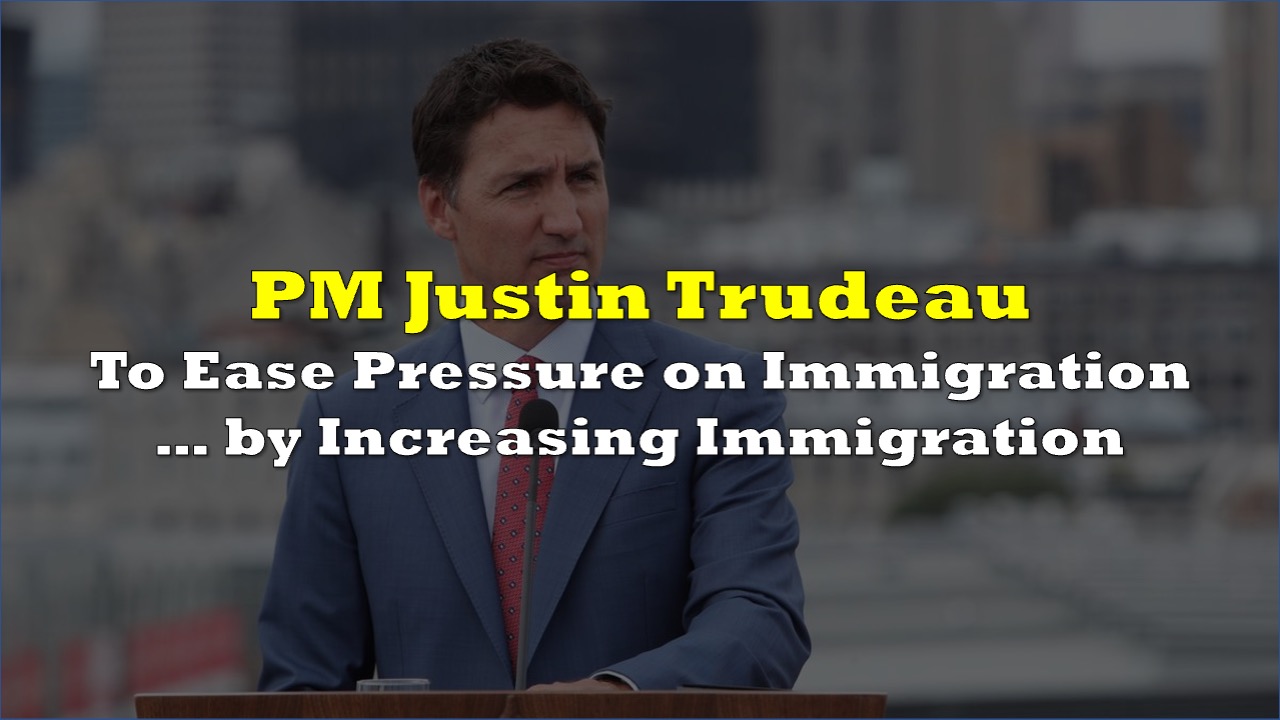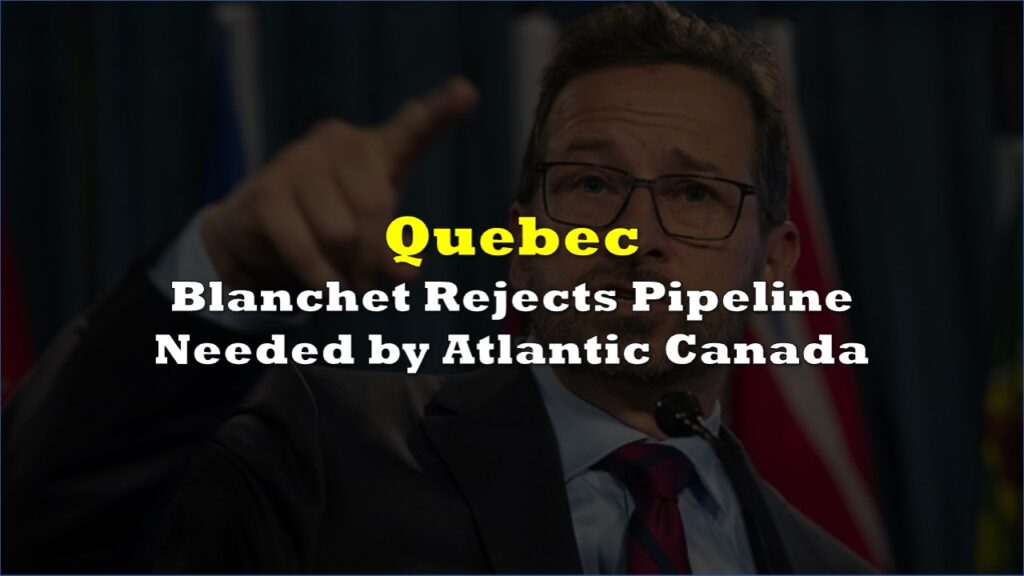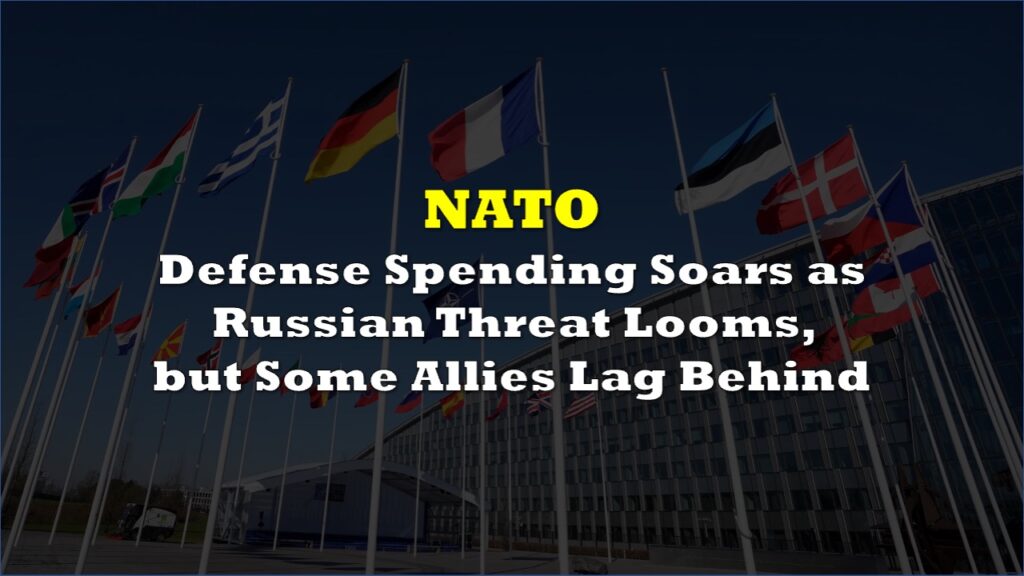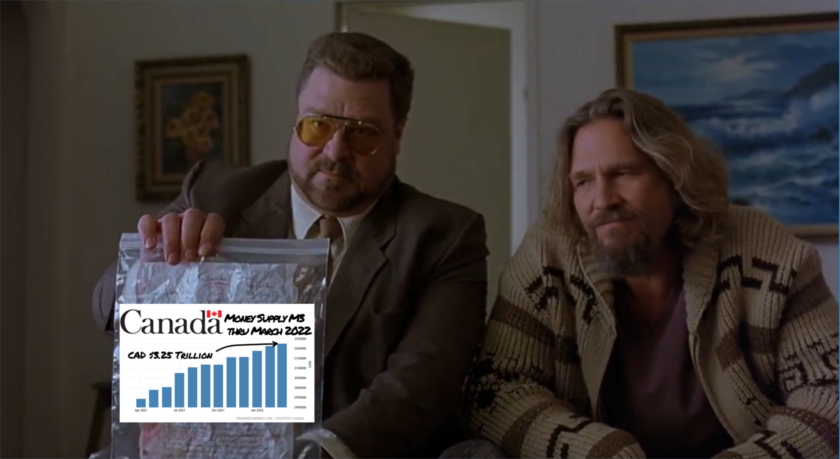Prime Minister Justin Trudeau is planning to increase immigration in Canada to ease the pressure on the country’s asylum system, despite calls to close the Roxham Road border crossing in Quebec.
In 2022, 39,000 irregular entries were made by asylum seekers through Roxham Road, and there were a further 20,000 regular entries. Quebec Premier François Legault has called on Trudeau to redirect all asylum seekers entering Quebec to other provinces “as soon as they arrive at the border,” and to renegotiate the Safe Third Country Agreement with the United States.
The agreement, signed in 2002 between the two countries, states that migrants must submit their asylum application in the first of the two countries they enter and cannot try a second time at an official border crossing. However, it does not apply to irregular border crossings, which is why asylum seekers who cross at the Roxham Road border must be allowed to enter.
This guy just can't math can he? https://t.co/HSfK1A4wBv
— The Deep Dive (@TheDeepDive_ca) February 23, 2023
Immigration, Refugees and Citizenship Canada (IRCC) acknowledges the pressure being put on Quebec and Ontario, but maintains that Canada has a duty under the Refugee Convention to uphold a “fair and compassionate system” for asylum seekers, however they arrive.
Trudeau’s plan to increase immigration is part of his effort to deal with the backlog of asylum applications and ease the burden on the system. The prime minister believes that increasing the number of legal immigrants coming into Canada will reduce the incentive for asylum seekers to cross the border irregularly.
RELATED: Canada To Welcome 500,000 Immigrants Per Year By 2025 To Fill Labor Gap
Trudeau’s immigration target has also long been questioned, primarily because of the housing shortage and the burden it poses on the provincial governments to fund healthcare and other social services. Provinces like Quebec have been forced to stretch their resources to support their constantly increasing population as the federal government refuses to split the bill.
Legault has demanded that Quebec be reimbursed for all costs related to welcoming and integrating migrants in 2021 and 2022, a sum he puts in the hundreds of millions of dollars.
He has also said that accommodating the increasing number of asylum seekers is putting pressure on the province’s public services, community organizations, education system, and its ability to protect the French language, particularly in Montreal.
“Quebec has taken on a completely disproportionate share of Canada’s asylum seekers,” Legault wrote. “This influx cannot continue. Quebec’s capacity to receive refugees has been exceeded.”
Recognizing Quebec’s concerns, IRCC has said that it is “now in the process of working with other provinces and municipalities to identify new destinations that have the capacity to accommodate asylum seekers.”
Trudeau’s plan to increase immigration may ease the pressure on the asylum system, but it is yet to be seen how this will impact the provinces that are currently experiencing an influx of asylum seekers.
According to Trudeau, closing the Roxham Road border crossing will not stop the surge of irregular crossings into Canada, as it will only lead to asylum seekers crossing elsewhere. The only way to shut down the entire border to irregular crossings, Trudeau says, is to renegotiate the Safe Third Country Agreement with the US.
“The only way to effectively shut down not just Roxham Road but the entire border to these irregular crossings is to renegotiate the Safe Third Country Agreement,” he said at a news conference on Wednesday.
In an interview with CBC’s Power & Politics on Wednesday, US Ambassador David L. Cohen offered a broader view, saying that the situation at Roxham Road is a “symptom of a problem” and that changing the Safe Third Country Agreement would do “very little” to address irregular migration.
“It is a mistake to think that you can solve this problem by treating only symptoms. You have to treat the underlying causes of irregular migration,” he said. “We’re committed to the productive discussions that we are having with Canada around that subject.”
But Cohen declined to confirm whether the US was renegotiating the agreement with Canada.
“You’ve never seen or heard anyone from the United States confirm that there are specific discussions occurring on the Safe Third Country Agreement, and I’m not going to be the first United States official to make that statement,” he said.
Information for this briefing was found via CBC News, Global News, Financial Post, and the sources and companies mentioned. The author has no securities or affiliations related to the organizations discussed. Not a recommendation to buy or sell. Always do additional research and consult a professional before purchasing a security. The author holds no licenses.









